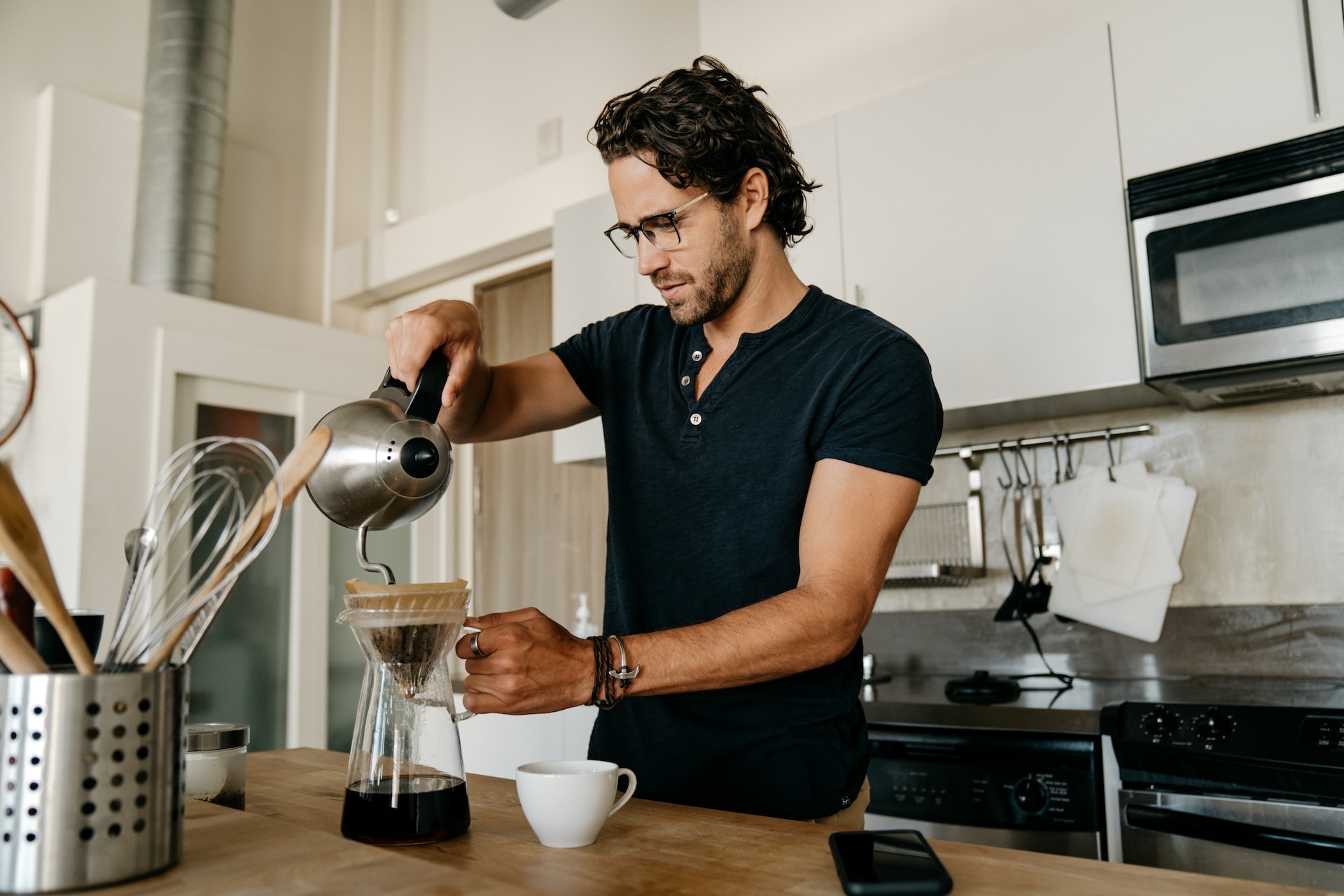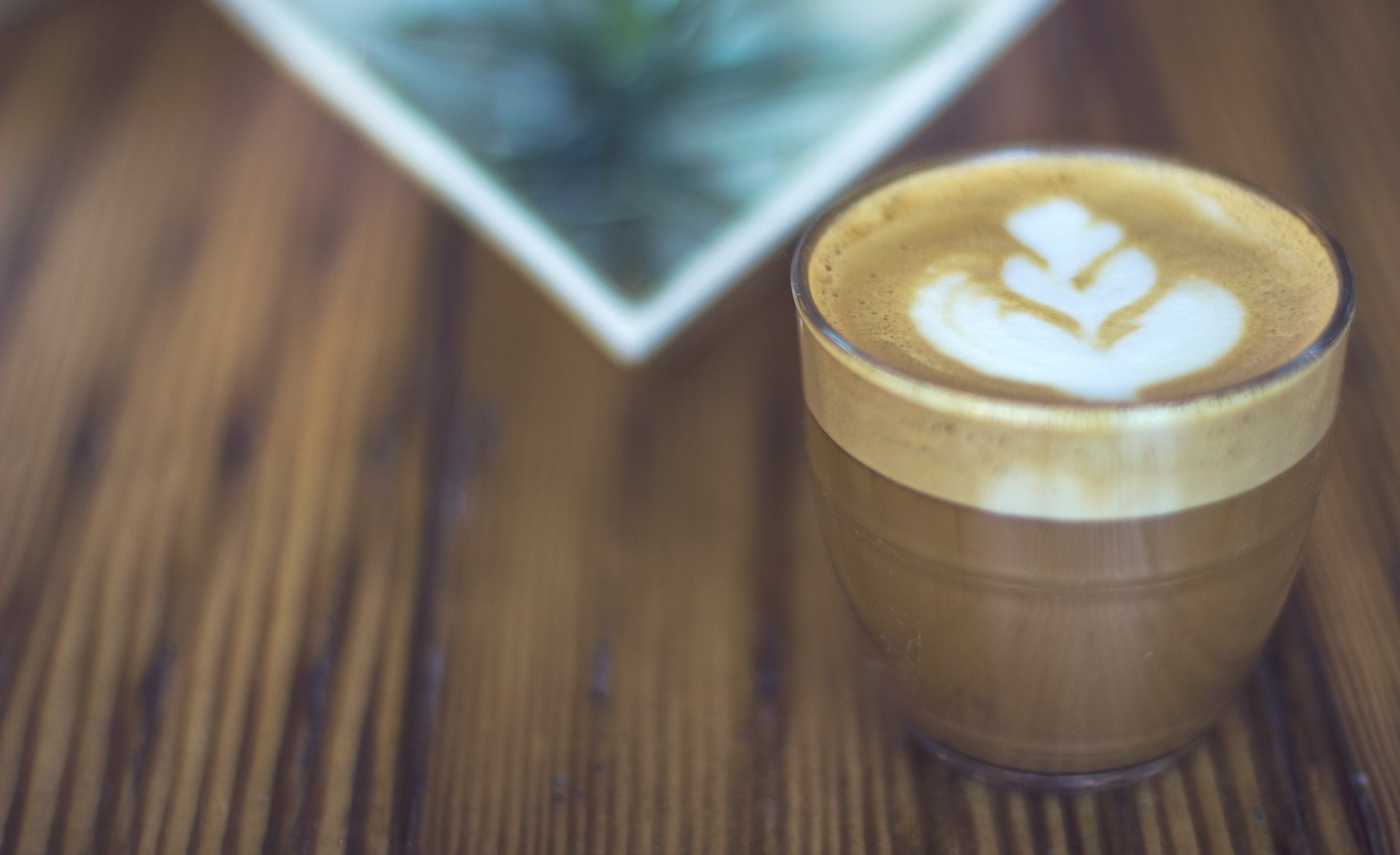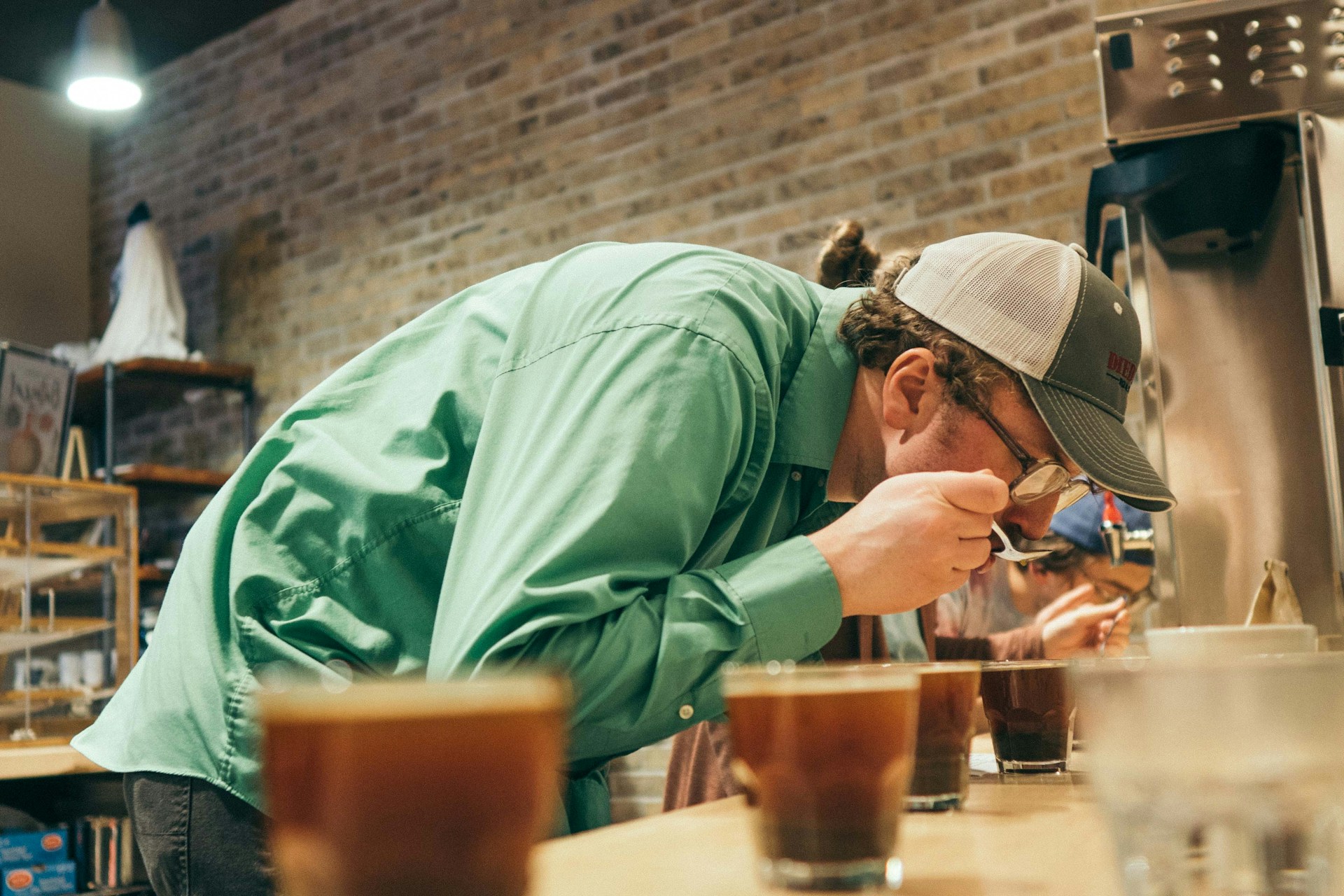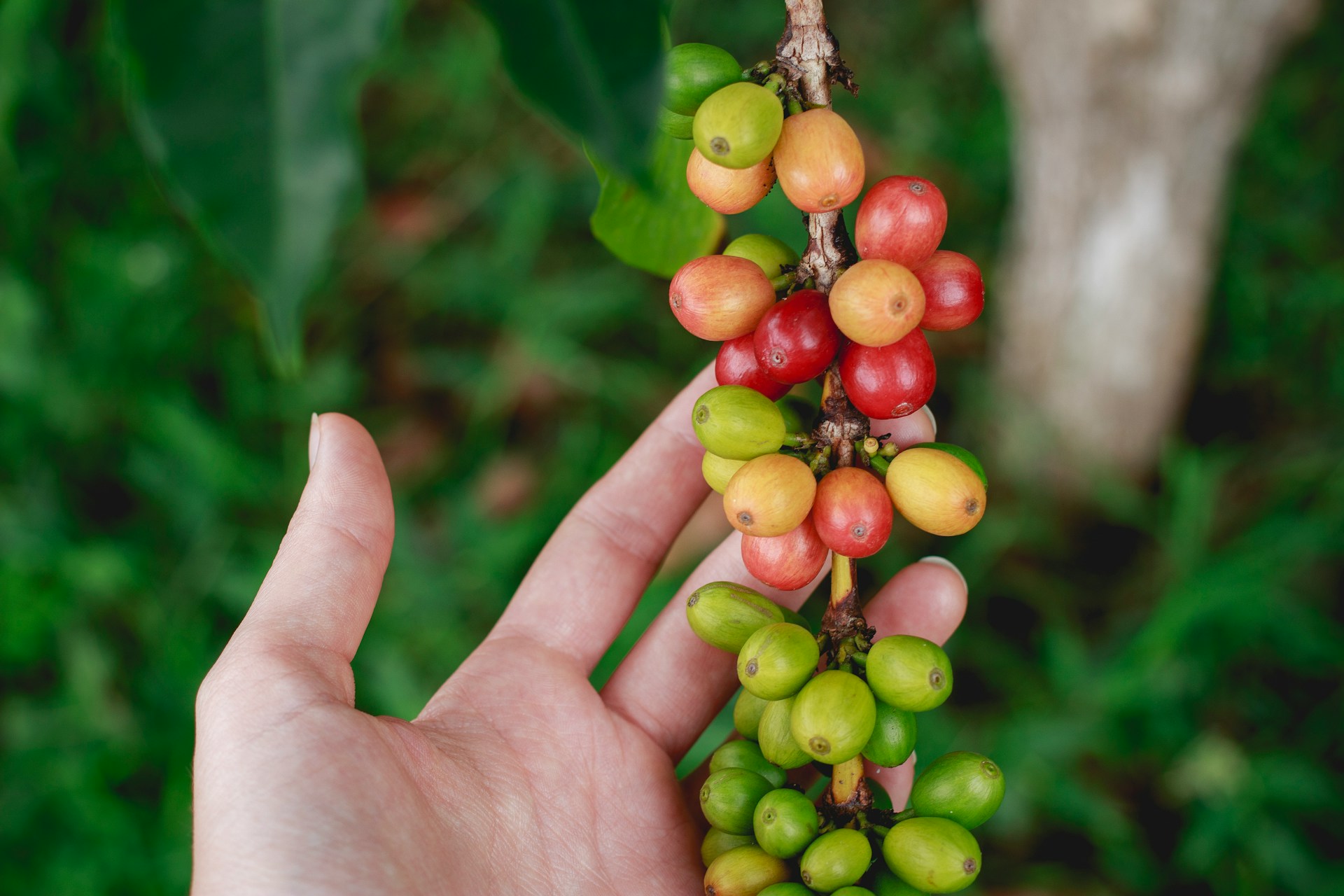It's fair to say we're a globe of coffee lovers. Whether it's a flat white, cold brew, or frappuccino that's your caffeine fix of choice, coffee has become a big part of many people's daily rituals. For many, coffee provides the energy boost we need to get going in the morning, but for others too much coffee can have an adverse effect, leading to those coffee jitters. We take a look at the best times of day to drink coffee to make sure your coffee-drinking routine is the best it can be!
Why Do We Love Coffee So Much?
When the alarm goes off in the morning, it's often the sweet lure of coffee that gets us out of bed. From the sound of the milk frother to the smell of the coffee beans, drinking coffee is one of life's simple luxuries. It's no coincidence that coffee is often referred to as a "cup of happiness", as drinking coffee actually releases endorphins, as a result making you feel much chirpier.
Coffee has a rich history and remains a part of many countries' traditional cuisines. In the early years, coffee caught human interest for its medicinal values and was regularly ground and drunk at ceremonial events. Once the discovery of coffee had spread far and wide, the early European coffee houses became a popular meeting place for trade and businessmen.
Since, the coffee shop scene has continued to grow with a coffee shop available on most streets. To this day, a good coffee shop remains a hub for people to socialise with friends, relax and enjoy some alone time, or focus on a work project.
Another reason coffee is so popular is its price point. Drinking a good cup of coffee can feel like a true luxury, yet is an item that can be enjoyed by almost everyone. It brings a local community together, attracting people of different ages and demographics with a coffee style to suit everyone's palettes.
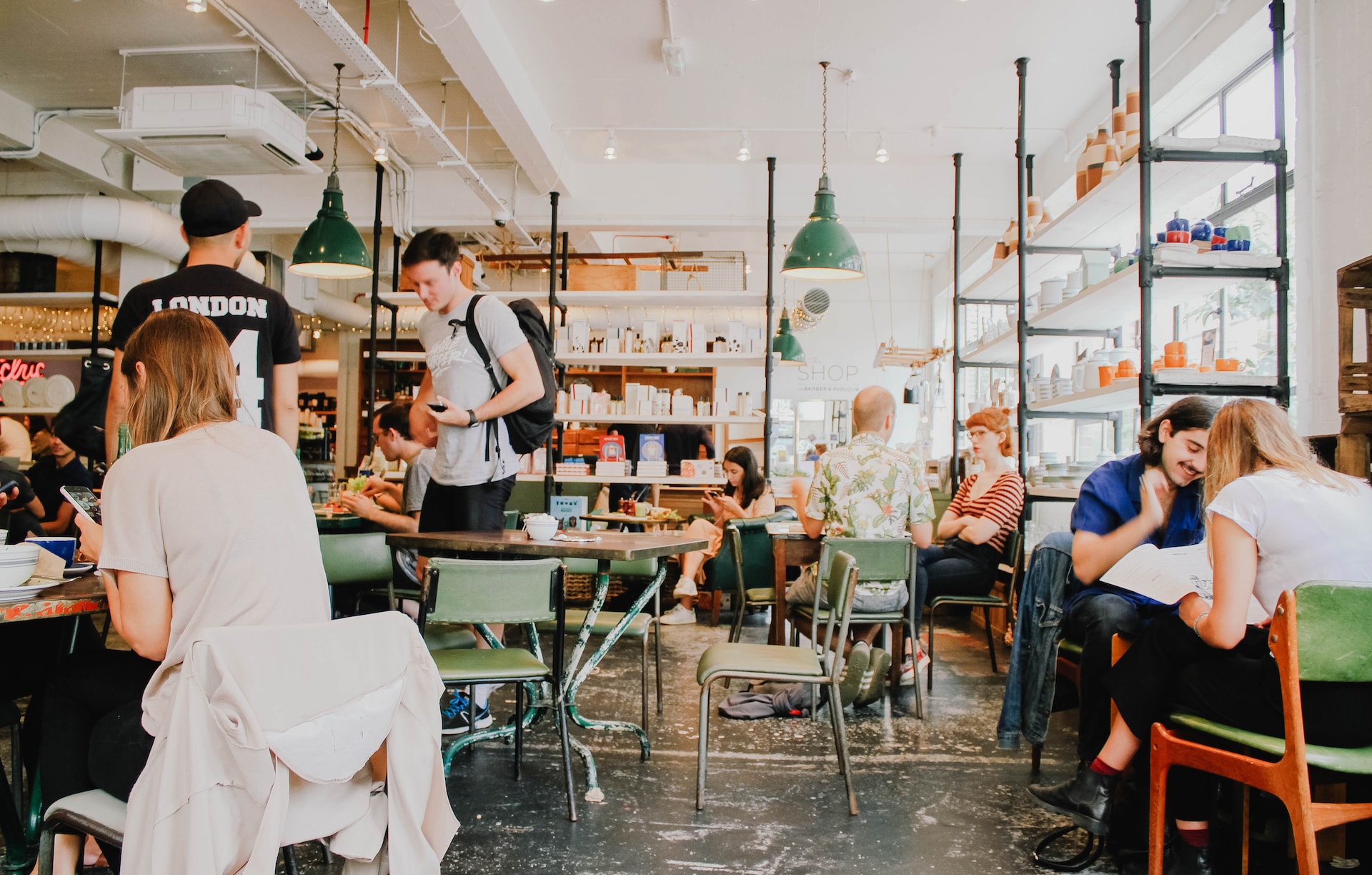
What Are The Positive Effects Of Coffee?
Not only is a cup of coffee delicious, comforting and makes you go "aah", but there are also a variety of positive health benefits associated with enjoying the hot beverage.
Energy For Your Body & Mind
The most popular reason for drinking coffee is the energy level increase that can be felt shortly after drinking a cup. Coffee contains caffeine, which is a stimulant known to kick start the central nervous system, fighting fatigue and increasing your energy levels. Caffeine also boosts the circulation of chemicals such as cortisol and adrenaline throughout your body, meaning in small doses, caffeine can help increase performance, focus and creativity.
Research has also linked the consumption of coffee to improved memory. This is due to its ability to boost general levels of cognitive function during non-optimal times of the day.
Alongside its ability to increase energy levels, coffee has been identified as an aid for weight management, enhancing athletic performance, protecting against chronic diseases and promoting heart health and liver function.
When Is The Best Time Of Day To Drink Coffee?
The vast majority of people like to drink their coffee first thing in the morning, while others reach for the cafetiere in the afternoon to beat that 2-4 pm slump. When your coffee works for you might be entirely unique, but there are some rules of thumb that can be applied across most coffee drinkers.
Generally speaking, the mid-morning is the best time to enjoy a cup of joe (10am-11am). Research indicates that 10am is the optimum coffee-sipping time, which might be a surprise to those who depend on a cup of coffee to get their head off the pillow! However, while some bodies can tolerate coffee first thing in the morning and on an empty stomach, for many this can boost your body's dose of cortisol and adrenaline leading to a release of stress hormones.
These stress hormones can leave you feeling exhausted later in the day, and slow your metabolism down in the long run. If you like to add sugar to your coffee, you might experience a double whammy of caffeine and sugar rush, again leading to a crash later in the morning.
The top tip is to drink your coffee after or alongside breakfast, that way your body can help you keep blood sugar and stress hormones stable. A high-protein breakfast with complex carbs and good fats is a great option alongside coffee, meaning you are less likely to notice sharp spikes in your energy levels.
If you're someone who has trouble sleeping or takes a while to drift off, it's recommended that caffeine is avoided 12 hours before bed. That means if your bedtime is typically 11pm, you should finish your morning coffee by 11am. If you have a normal sleeping pattern and don't stir easily, 6 hours should be enough time for the caffeine to wear off before you hit the hay.
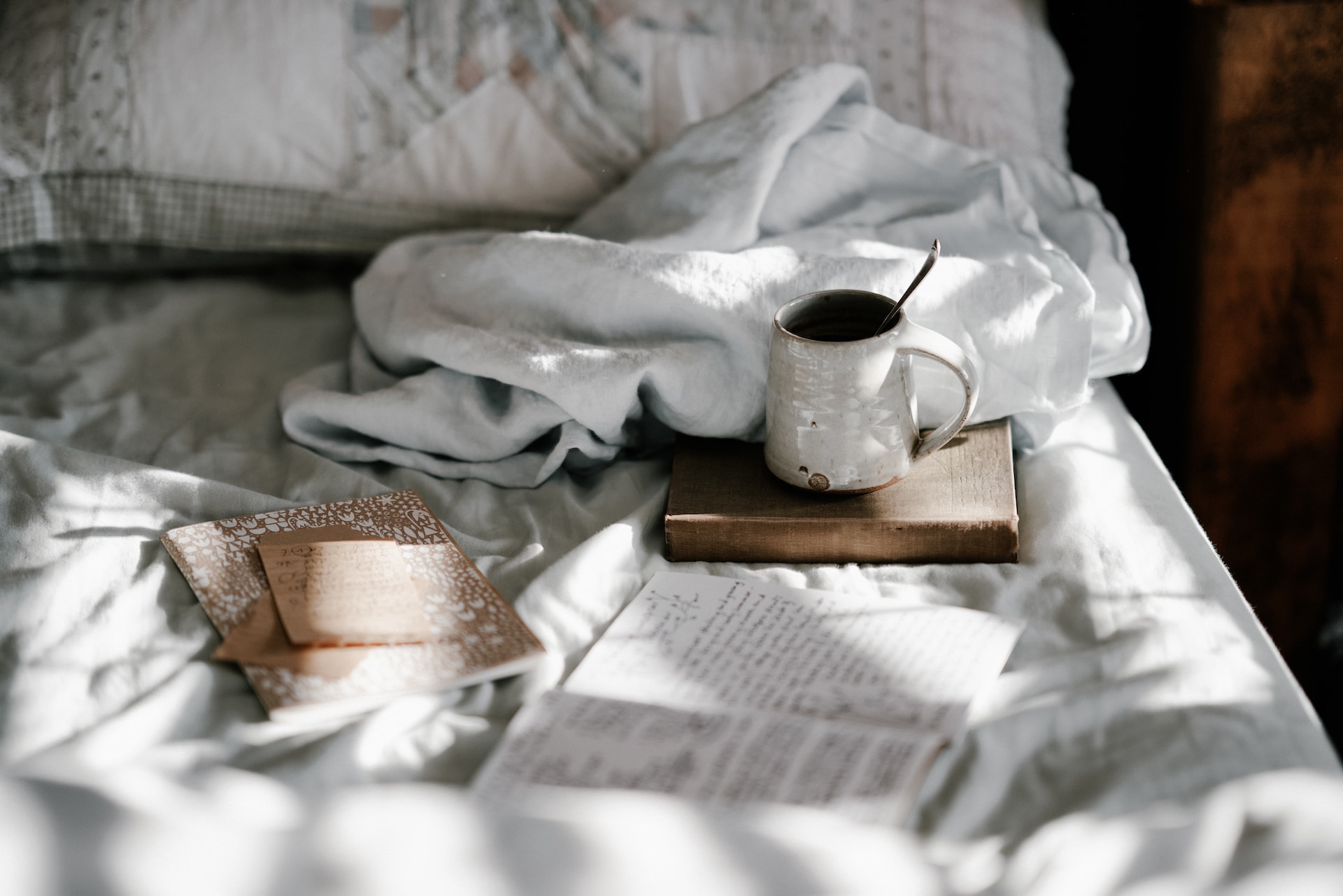
On average, the effects of a cup of coffee kick in around 10 mins after consumption. If you want to utilise the performance benefits of a cup of coffee we would advise you to drink your coffee 30 mins-1 hour before you want to be on your a-game! Whether you've got a big test, interview or sporting event ahead, give yourself an hour for the caffeine to reach the bloodstream and avoid any jitters.
For gym goers, drinking coffee pre-workout can help you reach your PBs and be particularly effective for the following workout types:
- Muscle endurance
- Muscle strength
- Anaerobic power
- Anaerobic endurance
If the idea of waiting until 10am to have your coffee sounds simply unbearable (we understand!), you could consider adapting your brewing method or coffee shop order to a coffee option that isn't so strong. Cold brew and AeroPress methods aren't as strong as some pour-over techniques, and a latte can be a gentler coffee-shop order for the early birds.
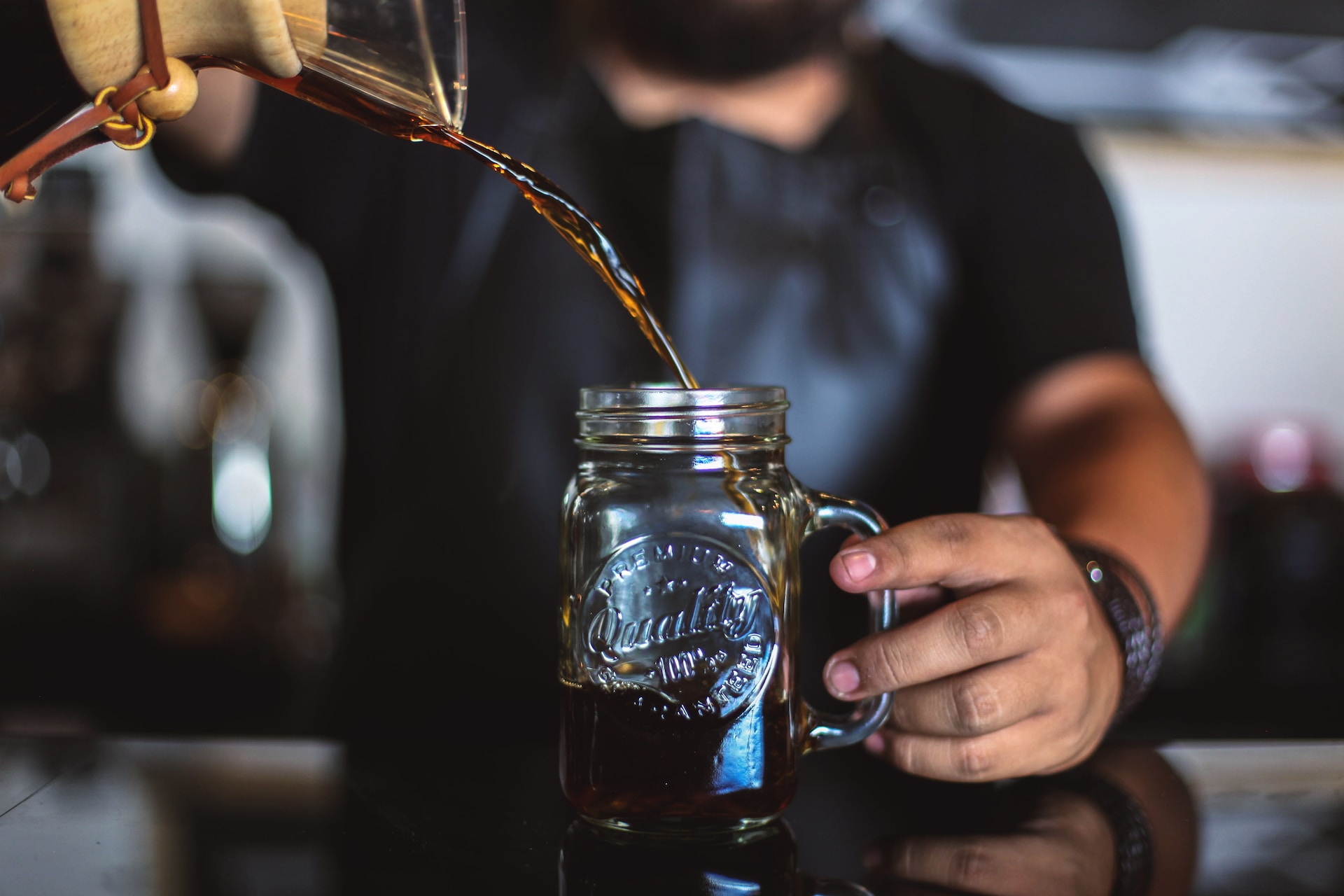
Is There Ever a Bad Time to Drink Coffee?
As mentioned, drinking coffee is not recommended first thing when you wake, when cortisol levels are naturally the highest between 8am-9am. Late afternoon or bedtime coffee drinking should also be avoided for a restful night's sleep.
While coffee can fuel you pre-workout, it's not the best option for post-workout. This is because it can suppress your appetite and lead to under-fueling or dehydration. However, if you hydrate with water first and replenish with some food, coffee consumption can of course be a well-deserved post-gym treat.
If you're someone who feels adverse reactions from drinking coffee such as feeling irritable, drinking it in place of a meal, or regularly experiencing headaches, that would be a good reason to reassess your coffee habits. Simply changing the time of day that you drink coffee, or making a change to the strength/type of coffee you drink could give you a much healthier relationship with drinking coffee.
Check out our article of decaf vs regular coffee: pros & cons to find out more about balancing your caffeine fix and love of a good coffee.
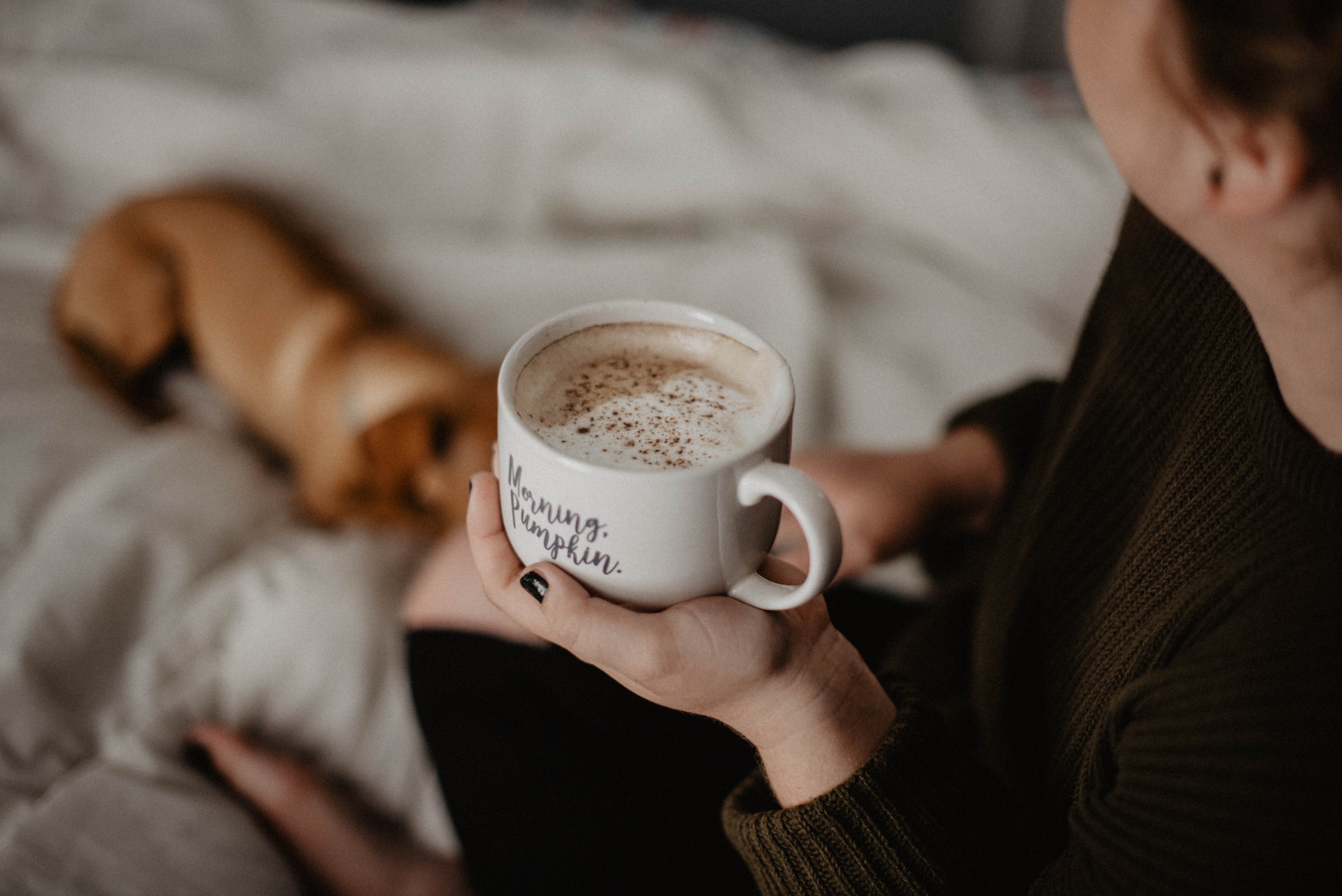
What If Caffeine Just Isn't For Me?
If you don't get on with regular caffeinated coffee, there will always be plenty of decaffeinated options on the Esquires menu. That means you can enjoy your favourite oat milk latte, minus the caffeine!
There are also lots of other drinks to explore, including herbal teas, fresh juices, shakes and frappes. Just ask one of our friendly staff for their recommendations, they will be happy to help!
Now that you're all clued up on the best time of day to drink your coffee, make sure to visit us and try out our organic and Fairtrade blends. If you're a coffee enthusiast and are interested in opening your own coffee shop, why not take a look at our coffee franchise opportunities in the UK? We'd love to hear from you!
